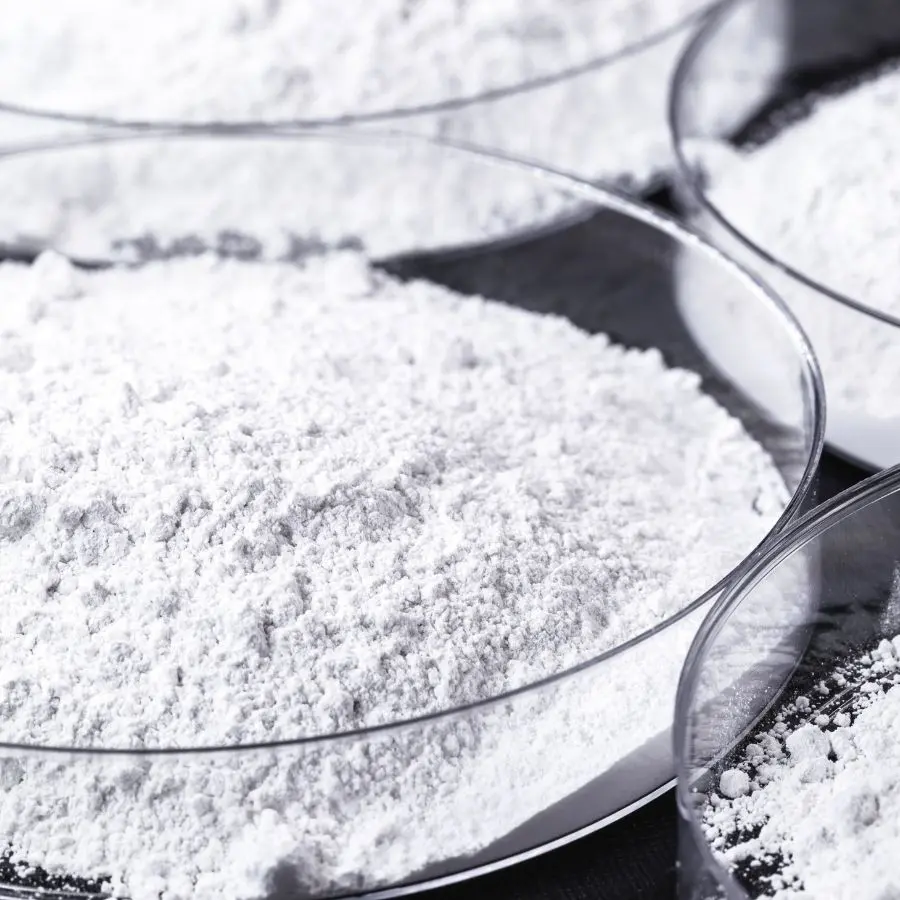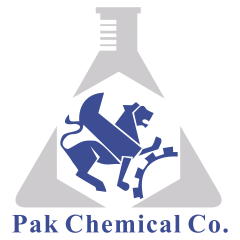Zinc stearate, originating from stearic acid, serves as a key component in various industrial applications. Firstly, it’s imperative to understand its fundamental properties. Characterized by its fine powdery texture, this compound exhibits both hydrophobic and lipophilic tendencies, which make it an effective water repellent and lubricant.. In this article, we will delve deep into the role and significance of zinc stearate in the food industry, its properties, applications, safety aspects, and more.
1. Chemical Properties and Production of Zinc Stearate
Zinc stearate is a soft, white, and fine powdery substance. It’s hydrophobic, which means it doesn’t dissolve in water, but it’s soluble in aromatic compounds and most of the chlorinated solvents. It’s produced by a reaction between stearic acid (commonly derived from palm oil or other vegetable sources) and zinc oxide.
2. Role of Zinc Stearate in the Food Industry
The food industry employs zinc stearate for various purposes:
- Release Agent:. One of the primary uses of zinc stearate in the food industry is as a release agent. It ensures that products do not stick to molds and other processing equipment. This is especially beneficial in candy and confectionery manufacturing.
- Anti-caking Agent:. Zinc stearate can prevent ingredients from clumping together, ensuring a smooth and consistent product. This is particularly useful in powdered foods.
- Color Stabilizer:. It helps in retaining the color of certain food products by preventing degradation due to light, heat, and air.
3. Safety Aspects and Consumption
Given its use in the food industry, questions regarding its safety for consumption naturally arise. Numerous studies and regulatory agencies have assessed the safety of zinc stearate.
- ADI (Acceptable Daily Intake):. Regulatory bodies have established an ADI for stearic acid and its salts, indicating the amount believed to be safe for daily consumption over a lifetime without appreciable health risk.
- GRAS Status:. In the United States, zinc stearate is considered Generally Recognized as Safe (GRAS) for its intended uses in food.
4. Other Applications of Zinc Stearate
Beyond the food industry, zinc stearate has found applications in:
- Plastics and Rubber Industry:. As a lubricant and stabilizer.
- Pharmaceuticals:. In tablet and capsule manufacturing, it acts as a lubricant preventing pills from sticking to the machinery.
- Cosmetics:. In make-up products for its lubricating properties and ability to repel water.
5. Environmental and Ethical Considerations
Like many industrial chemicals, the production and use of zinc stearate come with environmental and ethical concerns:
- Source of Stearic Acid:. Often derived from palm oil, the environmental impact of palm oil cultivation, including deforestation and habitat destruction, becomes relevant.
- Biodegradability:. People don’t consider zinc stearate harmful to the environment itself, but they do express concerns about its biodegradability. However, in water, it tends to break down into its basic components, zinc ions and stearic acid, which are naturally occurring.
6. Future Prospects and Trends (Zinc Stearate in the Food Industry)
With the increasing push for clean labels and organic products in the food industry, there’s a growing demand for alternatives to synthetic additives. However, given zinc stearate’s versatile roles, finding equally effective alternatives might be challenging.
Innovative sourcing, like deriving stearic acid from more sustainable methods or using recycled materials, might become more prevalent. Additionally, the industry may push for more comprehensive research on its long-term health effects.
Conclusion
It plays an integral role in the food industry, ensuring the production of quality products that meet consumer expectations. People have well-established the safety profile of zinc stearate, but like any additive, they continuously evaluate and oversee its use. The balancing act between leveraging its benefits and addressing environmental and ethical concerns will be pivotal in the coming years. As consumers become more informed and industries more innovative, the story of zinc stearate in our food will continue to evolve.

